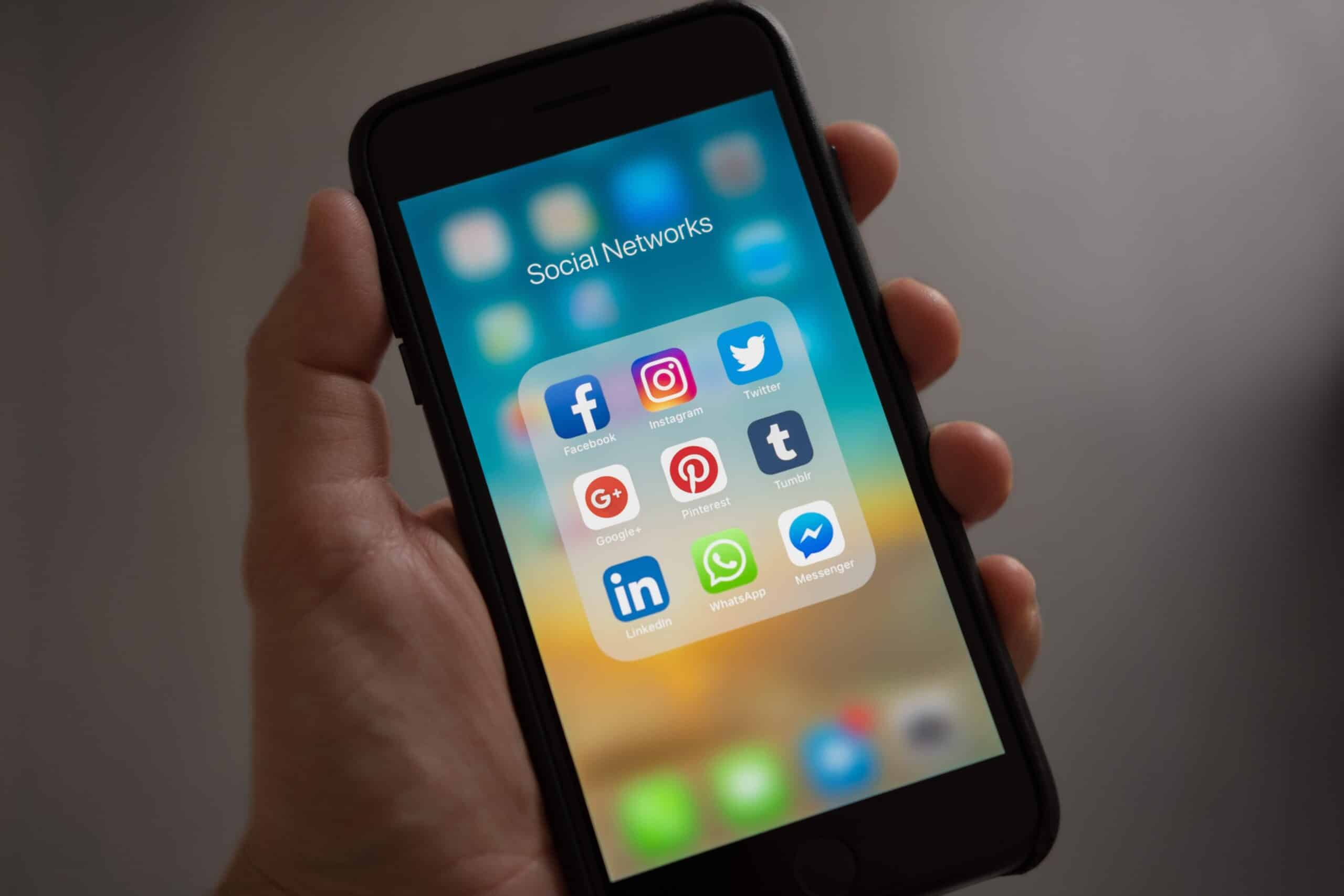Digital marketing is a powerful tool. There are potentially thousands of customers who are just a few clicks away from finding your business on social media.
Facebook and Twitter started out-ruling the playing field, but with the increasing number of networks out there, how do you decide which platforms to focus on? Google+, Pinterest, Instagram, Snapchat, LinkedIn...it can feel impossible for a small business to maintain a presence on every channel.
As a business owner with a busy schedule, how will you choose your social platforms?
Each social platform has pros and cons. It's up to you--and your social media marketing team--to decide which route to take:
Despite the trends of decline some naysayers predict, Facebook still reigns queen. No other network has more users across the globe engaging with more content. If you're just beginning to establish your business's social presence, Facebook is a great place to start.
- Pros: Facebook offers exceptional paid advertising. You can engineer your boosted posts so that they appear to very specific markets targeted by age, gender, geographical location, relationship status, interests, and more.
- Cons: Facebook is not as visually-focused as other platforms. Depending on your industry, other platforms may carry your content more naturally.
Twitter has made some improvements in recent years by changing their algorithm, making it easier for businesses to get sales content in front of users.
- Pros: Quickly paced; easy to post and repost content. Many opportunities to reach and connect with users. You can also mention (tag) other specific users.
- Cons: Due to volume, the management of this social platform may require more time than other channels.
Believe it or not, a lot of business happens on Instagram these days. Similar to Twitter, Instagram functions using hashtags for navigability. Hashtags help you more easily find customers and help potential customers find you.
- Pros: Instagram has an added benefit of being able to more easily scan what kinds of interests the users interacting with you have.
- Cons: If you don't use the right hashtags, you run the risk of posting your Instagram content in vain. Instagram is also visually-focused, so if that is not your expertise, you may need to hire outside help.
Snapchat
This is where we start talking about the industry. While it's useful for nearly any business to have a presence on Facebook, Twitter, and even Instagram, the additional platforms you establish a presence in will depend on the strengths and communication norms of your industry.
- Pros: This platform has a more casual and humorous tone overall. If this is a good fit for your industry, you have the opportunity to authentically connect with users in a really novel way! There are also fewer businesses using Snapchat, meaning that the market may not yet be saturated.
- Cons: Snapchat content disappears after 24 hours. You'll need less time on the front-end to produce content, but you may need to reframe your idea of content so that you don't get the feeling after it disappears that it was "wasted content."
You are very likely familiar with LinkedIn. You may even have a personal page. Many businesses, however, don't take full advantage of the benefits LinkedIn can offer. There is true potential for generating leads and business on LinkedIn if you know how to use it.
- Pros: Because LinkedIn is about business, there is a more professional tone to this platform. If LinkedIn is a good fit for your industry, you have the potential to generate tons of leads by connecting with other users. You can showcase your business's current projects and successes as well.
- Cons: Many users do not know how to take full advantage of LinkedIn, so like any sales platform, you may have to reach out numerous times before you get a "bite."
Pinterest allows users to "pin" content to various boards. Pinterest also uses hashtags. Similar to Instagram, Pinterest is image-focused, so if you work in a visually-minded industry, you'd do well to establish a presence here.
- Pros: Many opportunities to see how users connect to your products. There's a lot of information to glean from where, how, and by whom your content is pinned.
- Cons: Depending on your industry, Pinterest may not be a good fit. As mentioned above, if you're not a visually-oriented business, you may struggle to identify shareable content.
All of this is to say that your social media marketing strategy must be dictated by your industry type, your target client pool, and your overall marketing plan (including non-social channels such as print, radio, TV, and more).
Neon Rain helps businesses like yours with web and mobile application development and website design and development. We build the foundation of a company’s digital presence and from the brand that we build you can expand upon your digital marketing efforts. We're based in Denver, Colorado. Contact us to see how we can help you bring your online marketing to the next level!
